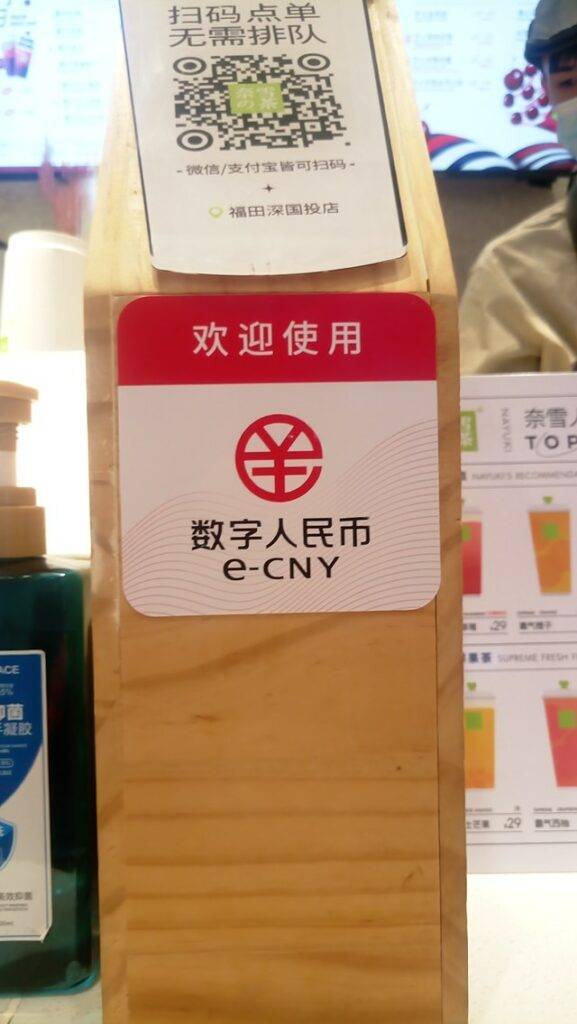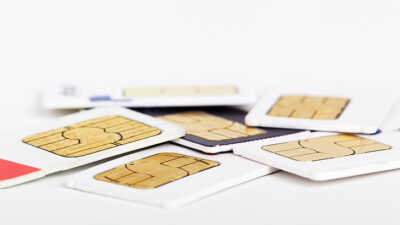The Chinese central bank has announced an offline SIM card-based digital yuan “hard” wallet system that enables customers to utilize powered-off phones to make payments in the central bank digital currency (CBDC).

The development may eventually enable people with 2G phones to utilize their handsets to use the token even when their phones are not in use.
Earlier this year, a similar solution for smartphone users was presented, although it only made use of the near-field communication (NFC) technology used in the majority of contemporary devices.
Instead of relying solely on handsets, the new innovation uses hardware that is built-in SIM cards.
The power and network-free “payment functions” of the digital yuan, according to the PBoC partner companies, would be “greatly expanded” with the “launch of this new function.”
To use the new technology, citizens will need to purchase a “super SIM card” from their carriers.
They will need to open the digital yuan app on their phones and select the option to “open a SIM card hard wallet” after switching out their current SIM cards for “super SIMs.”
As a result, even when their devices are turned off or without a network connection, they can still use them to make “touch” payments to businesses.
According to the media site, “at present” only owners of Android phones with NFC capabilities can access the innovation.
iOS users and owners of 2G phones were not mentioned in the release.
However, SIM-based wallets would probably be more practical for people with 2G phones or those who have smartphones without NFC.
If this is the PBoC’s ultimate strategy, it hasn’t yet come out and said so.
However, given that up to 20% of Chinese mobile users utilize 2G devices, it would make sense for the PBoC to continue in this approach with the next revisions.
The city of Qingdao said last month that it was testing the usage of CBDC payments on its metro system without using electricity or a network.




